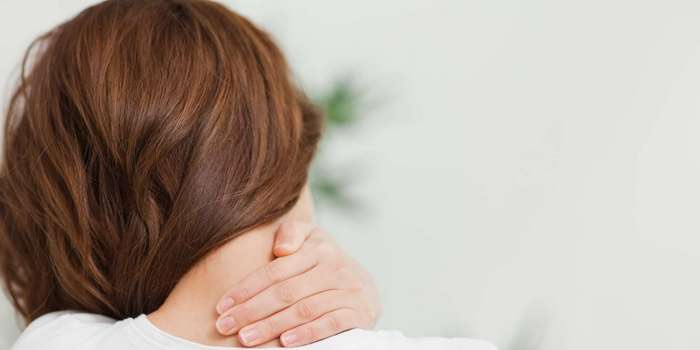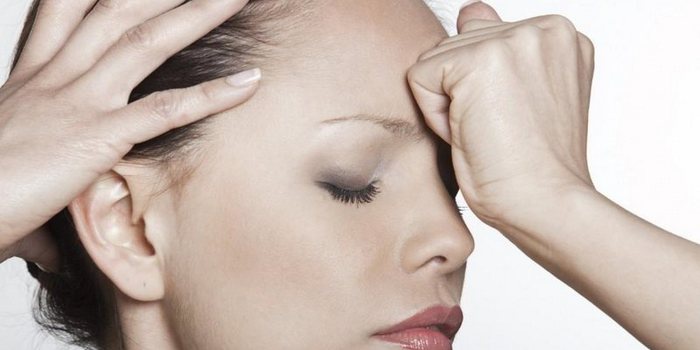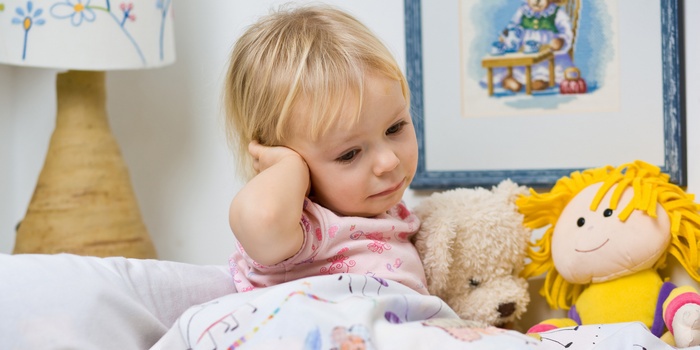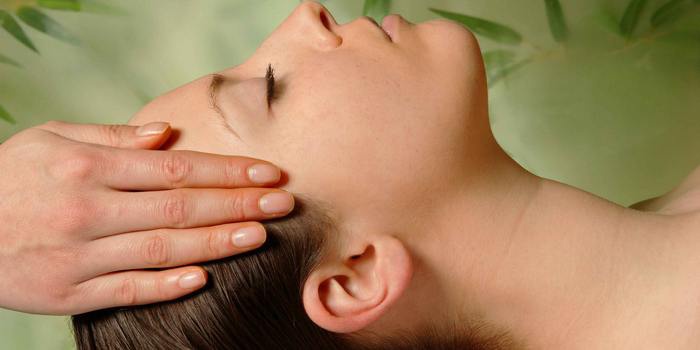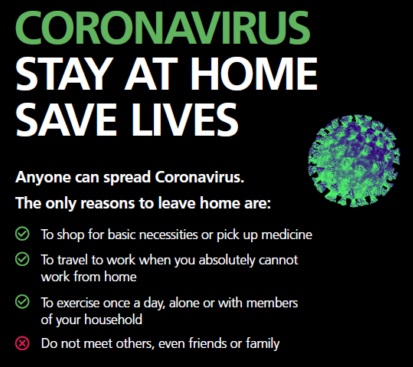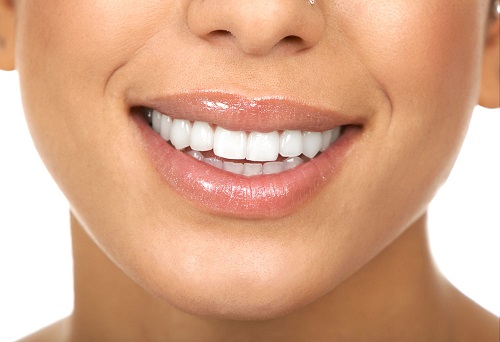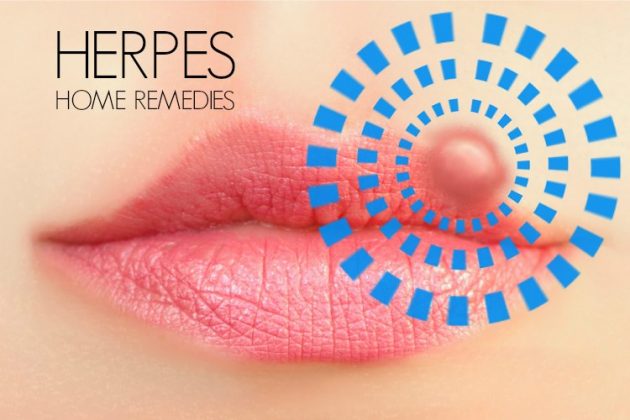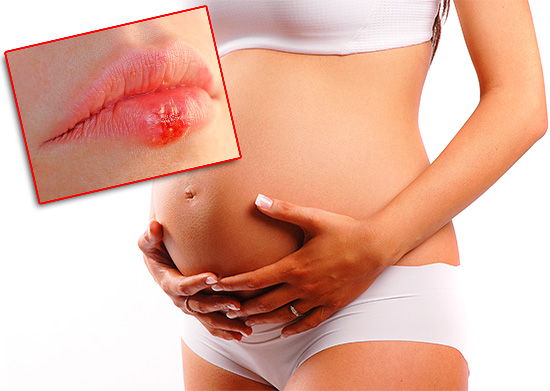Content
- Why does the nape of the head hurt?
- Features of pain in the back of the head
- What causes the nape of the head in a child
- Which specialist to contact
- What to do if your head hurts in the back of the head
Throughout life, headaches are experienced by everyone. An unpleasant syndrome can appear sporadically or pursue for years, and the solution seems simple – take a pill. But few are capable of thinking about the fact that painful discomfort at the bottom of the head or on the back of the head makes you aware of a serious health problem..
Why does the nape of the head hurt?
The background may be different – from overwork to spinal disease or neurological pathology. Severe throbbing pain in the occipital part of the head is a signal of the need to urgently consult a medical specialist to find out exactly the cause of the ailment. Only isolated cases of pain on the back of the head, for example, a head injury, are not a symptom of the disease. Common causes of its occurrence are the following:
- arterial hypertension;
- chronic stress;
- excessive physical activity;
- osteochondrosis;
- brain cyst;
- osteophyte (deformation of the lateral processes of the vertebrae);
- increased intracranial pressure;
- cervical myositis (inflammation of the muscles of the neck).
Features of pain in the back of the head
One-time cases of occurrence of pain in the occipital part of the head may not be a reason for serious unrest, but if the nature of the pain syndrome is very pronounced, there is aches, dizziness, then hospitalization may be necessary. The difficulty in making a correct diagnosis is due to the fact that pain in the occipital part can occur periodically.
To select a treatment regimen, the doctor needs to know where the pain appears: in the head itself or in the cervical region.
An unpleasant feature of uncomfortable sensations: pain can move from one area of the back of the head to another.
On the right side
A headache in the back of the head, which is localized on only one side, may be a symptom of a disease of the brain, upper spine, nerve roots. The appearance of painful discomfort on the right side in the occipital part of the head is not a reason to suspect a serious problem, because even an elementary draft can cause it. Do not start the situation to a critical state with a throbbing headache, recurring periodically with a feeling of numbness in the back.
This case requires a mandatory examination, and one of the possible diagnoses is osteochondrosis of the cervical vertebrae, for the treatment of which complex therapy is used. People with impaired cerebral circulation can complain of a throbbing pain on the right side of the back of the head, while a likely development of the pathology is a stroke. One lifestyle correction or taking a pill will not eliminate the cause, racking your brains on the right side will become stronger, and the feeling of heaviness from behind will become unbearable.
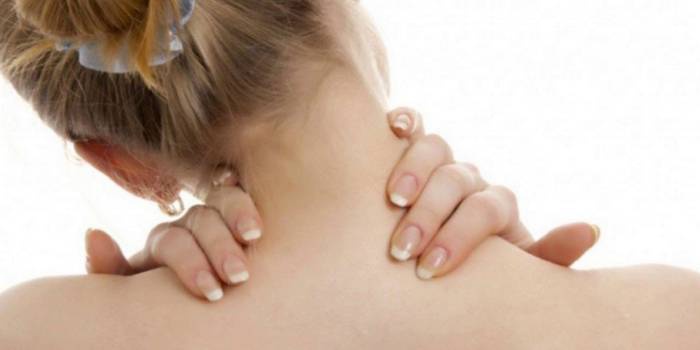
From the left side
Localization of pain in the occipital part of the head can be a sign of neuralgia. Pain syndrome is a reaction of the body to a pinched large nerve in this region of the skull, while unpleasant pulsation on the left is less common than in the nape of the right. Common causes of the development of this pathology are past injuries. Migraine can cause pain on the left side of the occipital part of the head: from the temple, dull pain spreads to the occipital part.
Pain in the back of the head at the base of the skull
Discomfort, which are permanent, often indicate the presence of cervical osteochondrosis. A sedentary lifestyle and a long stay in an uncomfortable position, which over time leads to a restriction of mobility at the base of the skull, are considered to be the cause of pain in the occipital part of the head. If the treatment of this disease is not started in a timely manner, then its development will lead to protrusion of the discs and the formation of an intervertebral hernia, which will greatly limit mobility.
What causes the nape of the head in a child
To understand that the baby has a headache, and not ears, will be obtained only by observing the behavior. Young children cannot determine the exact area of the onset of pain.
When a child begins to cry, clasps his head with his hands, then this serves as tips for adults.
If the fidget indicates that it hurts in the back of the head, then too active actions, for example, somersaults, jumping, running, can become the cause. Long exposure to the sun will also respond with dull pain. Among the other common causes of an unpleasant symptom are the following:
- difficulty in cerebrospinal fluid outflow;
- acute intoxication caused by a bacterial or viral infection;
- coughing;
- vegetovascular dystonia;
- hypotension;
- meningitis;
- head injury;
- emotional overstrain;
- hormonal imbalance in adolescents.
Which specialist to contact
Only an experienced specialist can make an accurate diagnosis of pain in the occipital part of the head. The appearance of alarm signals that make themselves felt with moderate or intense pain serves as a serious reason for contacting the following medical specialists: a neurologist, cardiologist, traumatologist, physiotherapist, and for practical help, a massage therapist. It is dangerous to postpone a visit to the doctor if, along with soreness, symptoms such as nausea, burning appear, or with sharp turns of the neck, dizzy.
Attempts to independently cope with the regularly occurring pain in the occipital part of the head will lead to the development of a possible pathology, because by relieving pain by taking medication, the patient does not treat the cause, but only temporarily eliminates the symptom. If the entire occipital part of the head hurts, then complex treatment will be required. Only a practicing specialist can choose an adequate scheme taking into account the symptoms and advise additional methods, procedures, and funds.
What to do if your head hurts in the back of the head
Resist unpleasant sensations only by taking the medicine does not work. Periodic pain in the occipital part of the head worsens well-being, and methods of physiotherapy and manual therapy help prevent this. The uncomfortable state, taking by surprise, passes faster thanks to a light massage in a lying position. Compresses, airing, sleeping or lying down, closing your eyes to relax are good ways that will speed up the action of the medicine and the headache in the back of your head will go away.
Massage
Therapeutic measures are a whole range of different techniques for eliminating the causes of a disease. If the pain in the neck and in the back of the head is not associated with hypertension or spondylosis, then massage helps to significantly reduce the discomfort and even slow down the development of pathologies. Ideally, when it will be carried out by courses with an interval of one to two months, a professional masseur. A good alternative to this option is self-massage: press lightly with the fingertips on the back of the neck to reduce discomfort, each will succeed.
Physiotherapy
To headache the occipital part of the head delivered less discomfort, physiotherapy exercises are used. A set of special exercises is selected to unload tense muscles and improve blood circulation. The advantage of physiotherapy is the absence of contraindications, but the correct implementation of the recommendations is an important condition for achieving a successful result. With the help of electrophoresis, magnetotherapy and other methods of exercise therapy, you can get rid of pain with osteochondrosis, spondylosis, neuralgia.
Manual therapy
Sleight of hand of a doctor is necessary in the treatment of intervertebral hernia or to eliminate muscle pain. This therapeutic technique is successfully applied with an integrated approach, when a headache in the back of the head is provoked by cervical osteochondrosis. Manual therapy with this diagnosis helps to more effectively resist the development of the disease and faster relieves pain than drugs. A combination with acupressure can enhance the positive effect, but with high blood pressure it is better to refuse this method.
Medications
Sudden pain will not be taken by surprise if there are suitable medications.
The only condition is to take medications when the head hurts in the back of the head at intervals or the seizures are severe, it is allowed only by agreement with the doctor.
Some medicines have serious side effects, such as aspirin. It is better to relieve throbbing pain with paracetamol or Ibuprofen, sometimes antispasmodics (Solpadein, Panadol, No-shpalgin) help well, and sedatives or muscle relaxants should be taken for prevention.






